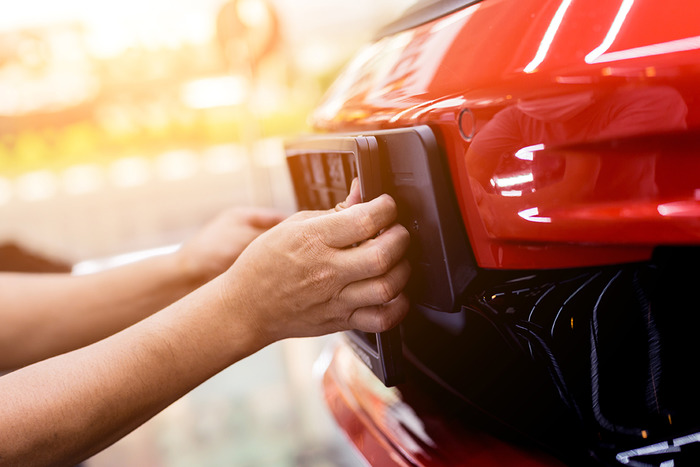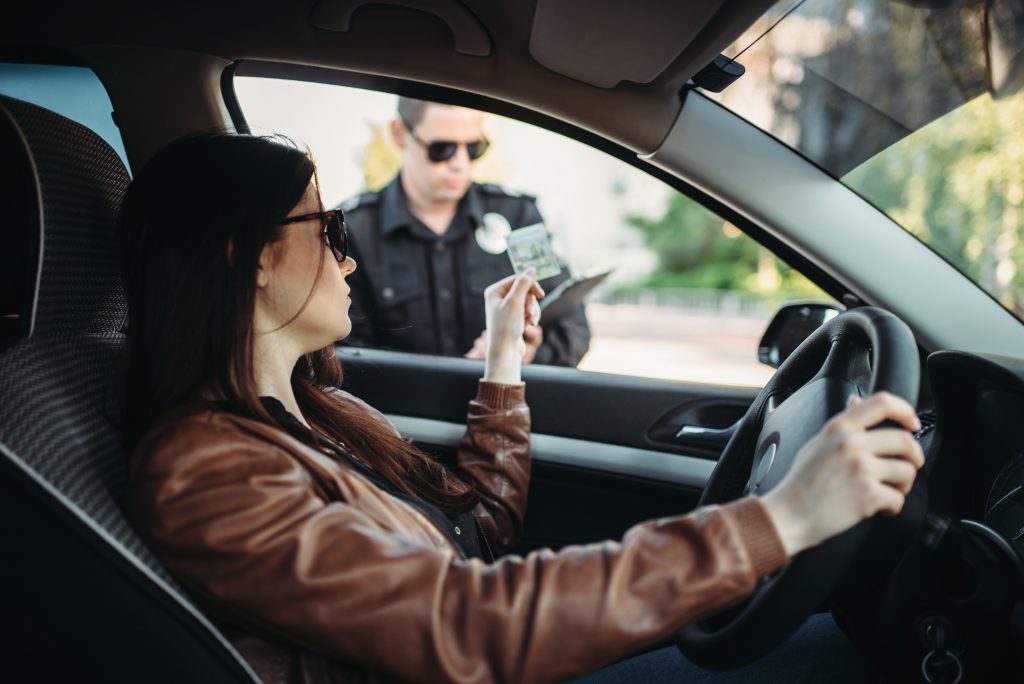You must register your vehicle with your state's department of motor vehicles before you may legally operate it on public roads (MVA). Usually, this needs to be done within a month of acquiring it.
You will also need to pay a charge and get a license plate to prove that your vehicle has been registered in most states. Other requirements vary by jurisdiction but often include proof of car insurance, the title, and your driver's license or another form of ID.
What Kind Of Coverage And At What Cost?

Except for New Hampshire, all states mandate that motorists have at least minimal liability insurance. Virginia allows drivers to avoid this requirement by paying a $500 yearly "registered uninsured" charge. However, it's important to remember that all 50 states mandate specific minimum coverage amounts for auto insurance.
Most States Require Citizens To Carry Insurance That Pays At Least
$50,000 For Two Or More People Injured Or Killed
Assume a liability of $50,000 if two or more individuals are injured or killed as a result of your negligence;
Damages To Property Up To $25,00034
The "25/50/25" insurance coverage is a common abbreviation for this level of protection.
The States Of New Hampshire And Virginia
You must show proof of sufficient liquid assets in New Hampshire to afford the cost of a 25/50/25 liability policy out of pocket. If you want to take your chances on the roads of Virginia without liability insurance, you'll have to fork up $500 to cover the state's uninsured driver costs.
Why Do You Need to Register Your Car?

Your state's department of motor vehicles will need you to register a new vehicle in your name and have at least the minimum liability insurance coverage before letting you drive it (DMV). For legal use on public roads, vehicle registration is required in all 50 states.
You will receive license plates and a registration card when you initially register your vehicle. A registration sticker to be placed on the car's window or license plate may also be provided.
Which Should You Do First, Register Or Get Insurance?
Proof of insurance is not required immediately after vehicle registration in several states. California law mandates that drivers show evidence of insurance to the DMV within 30 days of registering their vehicle.
Your account will be deactivated if you do not comply. You must pay a $14 reinstatement charge and wait for the registration to become active before driving the vehicle. Remember that even though you can't cancel your insurance until Day 30, you still need to have it from Day 1. That's right; you can still get a ticket on your first day of driving.
What Does A Car Title Mean?
Your state's MVA issues the vehicle title, which legally establishes your ownership of the vehicle. You and your address are listed, along with the car's VIN and its current mileage, on the title. The car's year, manufacturer, and model will be listed, too.
What Paperwork Is Required To Register A Vehicle?
Generally speaking, if you purchase or lease a new vehicle from a dealership, the dealer will take care of the registration paperwork for you. The total price of the vehicle will include all fees.
If that's not the case, you'll have to register the vehicle. Registering in some states may be more difficult than in others. Vehicle owners in California, for instance, must show documentation of a successful smog check to prove that their newly registered vehicle complies with the state's strict emissions requirements.
Should You Get Your Vehicle Checked Out?
When registering or renewing a vehicle's registration, a state may require you to pass an emissions check, a safety examination, or both. The inspections have been eliminated in several states. For instance, New Jersey now mandates emissions inspections every two years after the first five-year inspection-free period for new cars.
Exactly How Much Does It Cost To Sign Up?
Different states have different registration fees. There could be variations in the price depending on factors such as the vehicle's age, weight, and fuel economy. Payment is due upon first registration and annually upon renewal.
What Should We Do With Our License Plates?
Registered vehicle registration is a prerequisite to obtaining license plates. 31 states need both front and back license plates. However, 19 states mandate a rear-only plate.
I Need To Get My Vehicle Registered Online
State laws regarding vehicle registration are not uniform. To register in several states, it is necessary to go to a physical location. Some states allow online registration for previously registered vehicles, while others require in-person registration for vehicles from out of state. Your automobile registration can be renewed online in several states.



